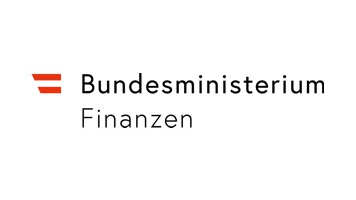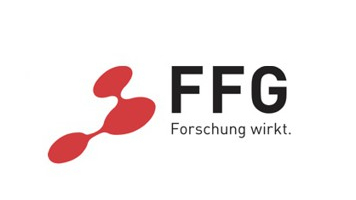Whereas the documentation of cult-like groups and worldview movements in the past mainly relied on printed materials such as books and flyers, their activities today increasingly take place in digital environments. Many communities use social media, video platforms, and online programs to disseminate their content and maintain engagement. As a result, potential risks have become more difficult to identify, and individuals often find it challenging to disengage. Children and young people are particularly vulnerable in digital spaces, as they are easily reached through simple explanatory offers, emotional appeals, and promises of belonging. Their protection lies at the core of DigiCult.
The project develops methods for the structured analysis and categorisation of cult-like and conspiracy-ideological content in the digital space. It aims to support counselling and documentation centres through the use of semantic and language-based analytical technologies in recognising and contextualising relevant developments. By applying models for pattern recognition, narrative structure analysis, and context-sensitive language processing, DigiCult enables the systematic exploration and understanding of changing communication forms and thematic dynamics.
A key focus lies in the development of technical components for analysis and visualisation that clearly present complex interrelations and facilitate knowledge transfer in counselling and prevention. Interactive displays and adaptable evaluation tools assist practitioners in interpreting information and identifying emerging trends. In addition, explainable and transparent analytical methods (XAI) ensure the traceability of results and strengthen confidence in the applied technological approaches. In doing so, the project contributes to a data-informed and responsible advancement of documentation and prevention work in the digital domain.
Furthermore, DigiCult ensures compliance with legal and ethical standards. Data protection and transparency form fundamental principles of the system’s development. Implementation is carried out in accordance with the General Data Protection Regulation (GDPR) and the EU AI Act, ensuring transparency, security, and legal conformity. In addition, ethical aspects such as fairness, bias, and diversity are addressed to prevent distortions and unintended discrimination.
Through its results, DigiCult strengthens counselling, prevention, and awareness-raising in digital contexts. It supports the protection of vulnerable groups – particularly children and adolescents – and enhances societal understanding of the mechanisms of influence and dependency in the digital age.
Project Lead
Mina Schütz
AIT Austrian Institute of Technology GmbH
Giefinggasse 4, 1210 Wien
Mina.schuetz(at)ait.ac.at
+43 50550-3115
Homepage: https://www.ait.ac.at
Oder:https://www.ait.ac.at/themen/data-science-artificial-intelligence
Partners
Dokumentationsarchiv des österreichischen Widerstandes
Onlim GmbH
Research Institute AG & Co KG
Bundesstelle für Sektenfragen


